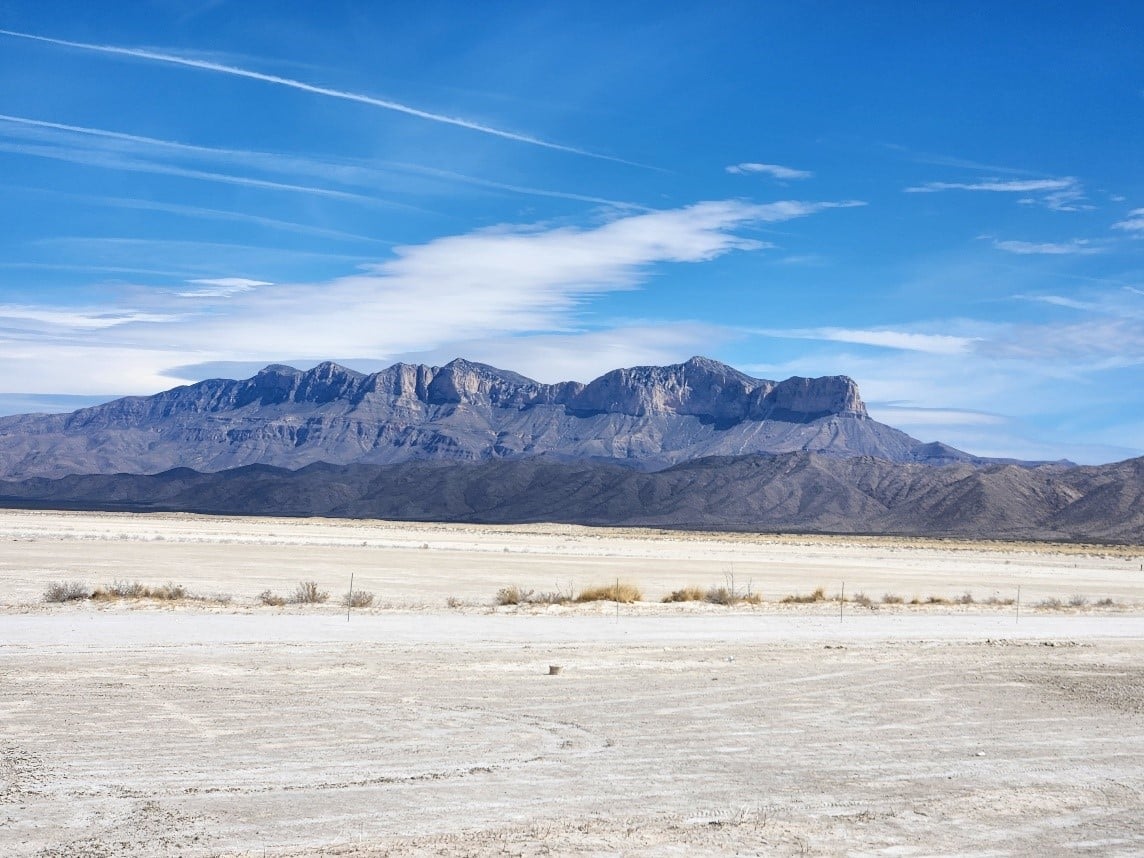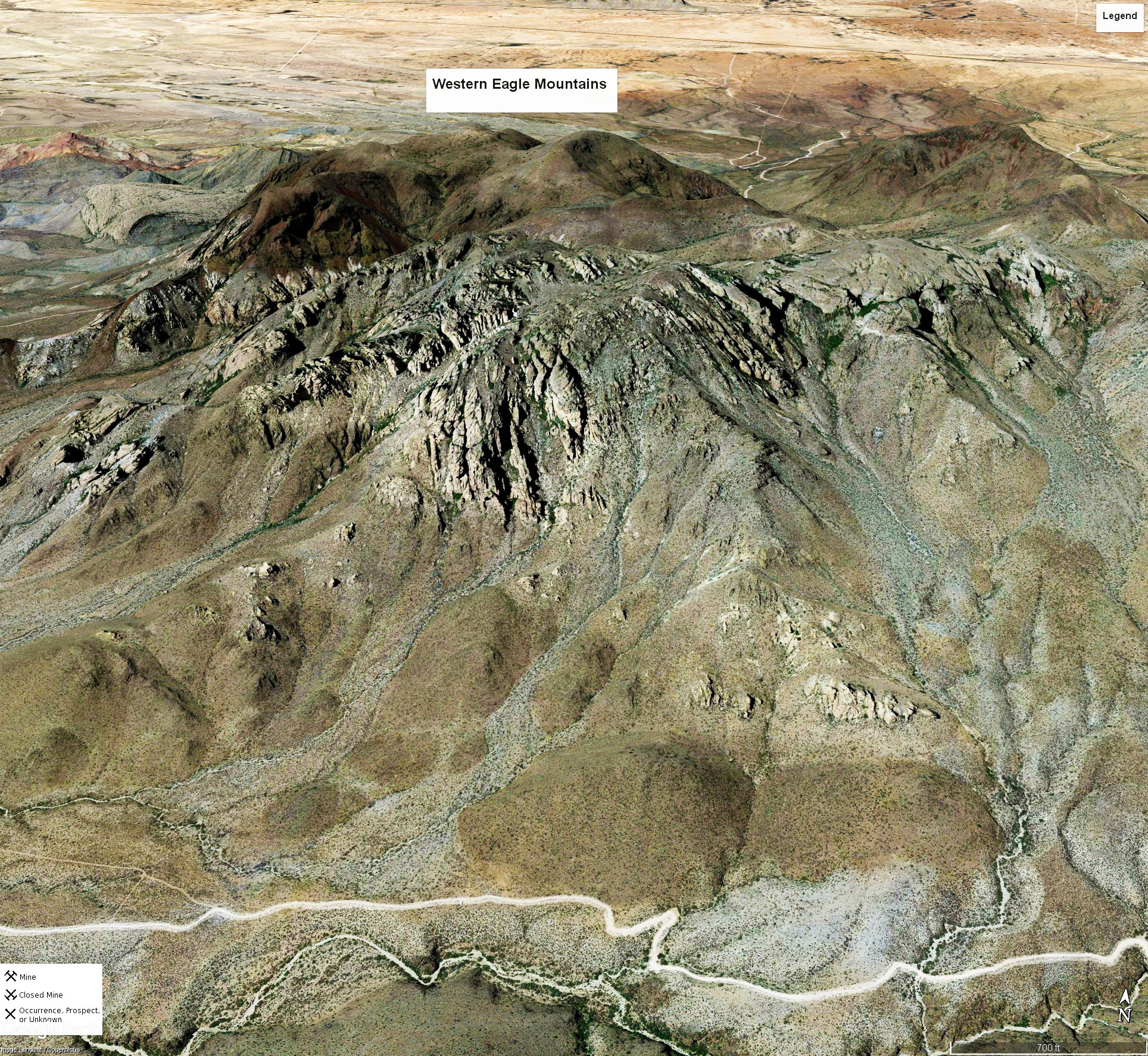
AIPG-TX West Texas Field Trip About to Begin; Weather Looks Good
The Texas Section of the American Institute of Professional Geologists will sponsor a three-day field trip (April 21-23) to Hudspeth and Culberson counties. The field trip will cover tectonics and structural geology, economic geology, basin formation, and hydrogeology in one of the most geologically complex areas of Trans-Pecos Texas.
The field trip will focus on:
- the Sierra Blanca laccoliths and the rare-earth elements property under development through a joint venture by USA Rare Earths and Texas Mineral Resources Corporation;
- Daltile’s talc mining operation at Allamoore;
- Fluorspar deposits in the Eagle Mountains;
- An excursion to Eagle Peak (elevation 7300 ft, the highest point in Hudspeth County and the seventh highest in Texas) and an examination of the igneous rocks that make of the core of this impressive mountain range;
- The northern Carrizo Mountains and the role of the Streeruwitz Thrust Fault in the formation of deformed and metamorphosed rocks of the Carrizo Mountains and the Allamoore talc district;
- Laramide thrust blocks formed by the Quitman, Red Hills, and Devil Ridge thrust faults;
- The complex hydrogeology of basins formed during Late Tertiary extensional faulting;
- And the role of the Diablo Plateau as a stable buttress forming the northernmost boundary of much of the area covered by the field trip.
Leaders of the field trip will be:
Bruce K Darling, PhD, P.G., CPG; Phil Goodell, PhD, UTEP Dept. of Geological Sciences; and Michael Jacobs, MS, P.G. All have extensive experience in the Trans-Pecos region.
The cost of the field trip will be $1,200 per person. Transportation, lodging, and lunches are included in the total cost. For more information, visit the following AIPG webpage for further information to register (Here)
PHOTOS FROM THE FIELD TRIP AREA (Here).













